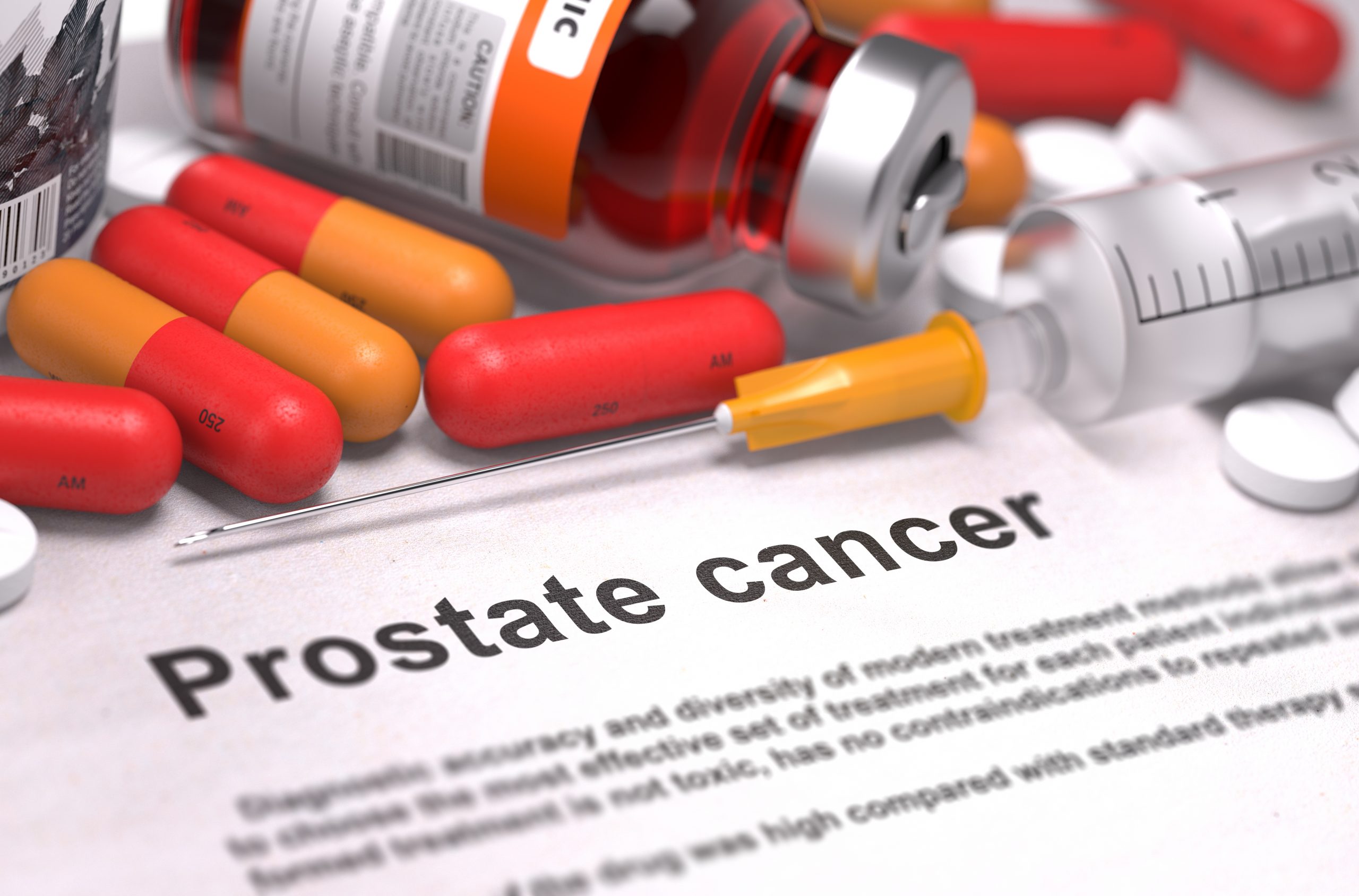Prostate cancer is one of the most common cancers affecting men worldwide. While certain risk factors such as age and family history cannot be controlled, there are several steps you can take to reduce your risk and promote prostate health. By understanding the factors that contribute to prostate cancer and adopting a proactive approach, you can make informed decisions to protect yourself. In this article, we will discuss practical strategies for preventing prostate cancer and maintaining a healthy prostate.
- Eat a Nutrient-rich Diet:
A diet rich in fruits, vegetables, whole grains, and lean proteins can provide essential nutrients and antioxidants that promote overall health, including prostate health. Include foods such as tomatoes, broccoli, green tea, nuts, and fatty fish (like salmon) that are known for their prostate-protective properties. Avoid excessive consumption of red meat and processed foods, as they may increase the risk of prostate cancer.
- Maintain a Healthy Weight:
Being overweight or obese has been linked to an increased risk of various cancers, including prostate cancer. Aim for a healthy weight by incorporating regular physical activity and making mindful food choices. Engage in regular exercise, such as brisk walking, jogging, cycling, or swimming, to maintain a healthy weight and reduce your risk.
- Limit Alcohol Consumption:
Excessive alcohol consumption has been associated with an increased risk of prostate cancer. If you choose to drink alcohol, do so in moderation. The American Cancer Society recommends limiting alcohol intake to no more than two drinks per day for men.
- Quit Smoking:
Smoking is a significant risk factor for various cancers, including prostate cancer. If you smoke, quitting is one of the most impactful decisions you can make for your overall health. Seek support from healthcare professionals, join a smoking cessation program, or consider nicotine replacement therapies to help you quit smoking.
- Stay Active:
Regular physical activity not only helps maintain a healthy weight but also reduces the risk of prostate cancer. Engaging in moderate-intensity activities like brisk walking, cycling, or playing sports for at least 150 minutes per week can significantly lower your risk. Make exercise a part of your daily routine and find activities you enjoy to stay motivated.
- Get Regular Check-ups:
Regular check-ups and screenings are essential for early detection and prevention. Talk to your healthcare provider about prostate-specific antigen (PSA) screenings and digital rectal exams (DRE) to monitor your prostate health. Early detection can significantly increase treatment success rates if prostate cancer is detected.
- Manage Stress:
Chronic stress may weaken the immune system and increase the risk of developing certain diseases, including cancer. Find healthy ways to manage stress, such as practicing relaxation techniques, engaging in hobbies, connecting with loved ones, or seeking professional support when needed. Prioritizing self-care and stress reduction can have a positive impact on overall health, including prostate health.
- Consider Dietary Supplements:
Some dietary supplements may offer potential benefits for prostate health, although further research is needed to fully understand their efficacy. Consult with a healthcare professional or a registered dietitian before starting any supplements. Supplements such as saw palmetto, green tea extract, and lycopene are believed to have prostate-protective properties, but individual results may vary.
Remember, prevention is key when it comes to prostate cancer. By making informed lifestyle choices, you can take charge of your health and reduce your risk. Incorporate these strategies into your daily life and consult with your healthcare provider for personalized guidance. Together, we can work towards a future with reduced prostate cancer incidence and improved overall well-being.












